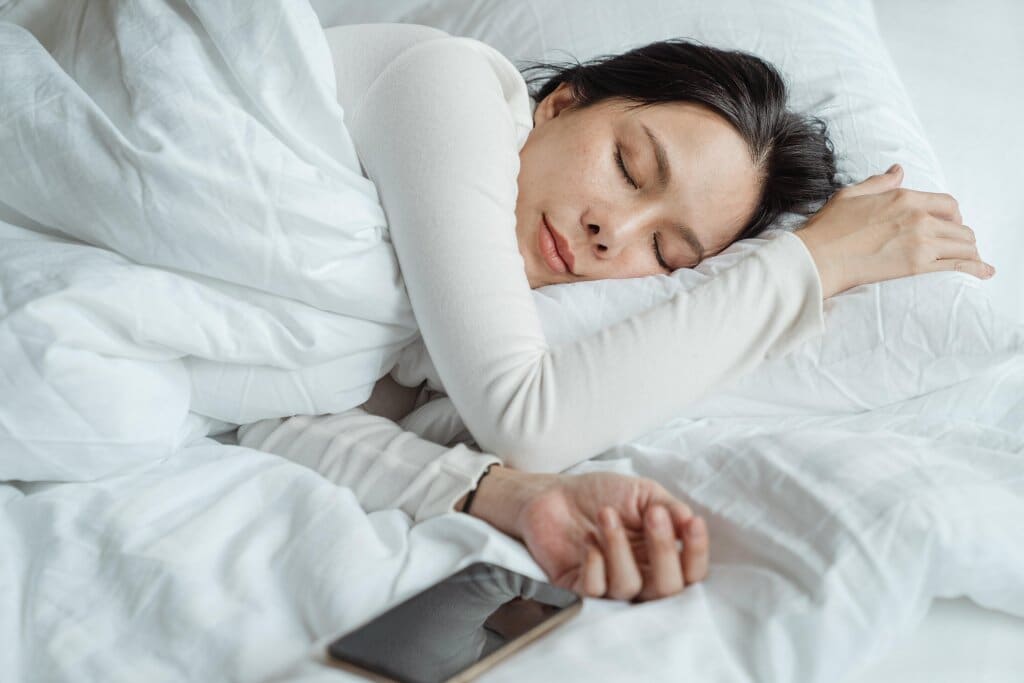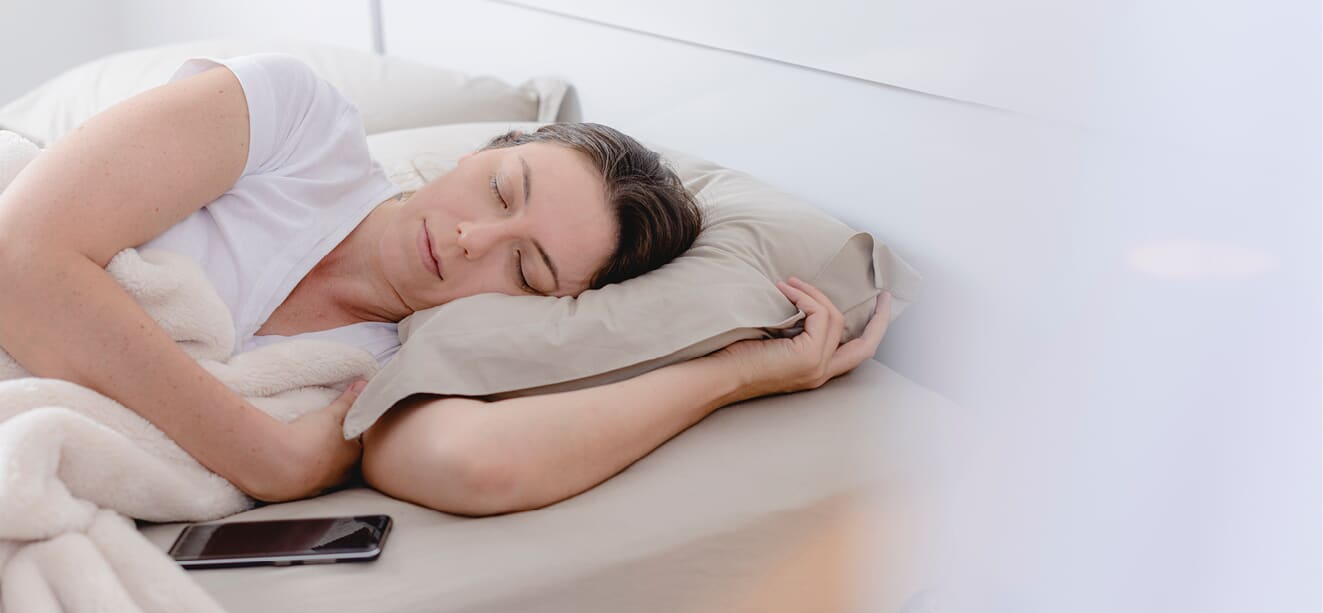If you’re feeling overwhelmed or simply know that your body needs rest before it really gets sick, taking a 'duvet day' could give you the much-needed rest that your mind and body is calling for.
Taking a day off work or 'duvet day' can make you more productive
Psychological Therapist, Kate Chartres, says “having a duvet day replenishes your stocks. Finding the time to switch off the mind and watch bubblegum tv, snooze in the day and stop that internal chatter allows your anxious mind to repair.
“You’ve all heard about how our muscles need to rest. We don’t work the same ones every day so they have time to repair. The mind needs time too to rest and repair. This enables you to be better, more responsive, and focus on your return to work.
“So, if you are feeling frazzled and in need of that duvet day, but you keep going, the chances are you’ll get more and more frazzled, less and less focussed, less able to do your job. When we have too much going on our concentration/ability to use initiative, judgement etc are all affected. So, can you afford to pull a sickie? I think the question is in order to look after your mental health, can you afford not to?”

The UK's number of sick days are at lowest levels since records began
Working from home might have become the norm over the past 18 months. But that doesn’t mean you can’t take time out if you are feeling unwell.
In 2020, 118 million days were lost due to illness. This is the LOWEST number since records began in 1995. While many people were social distancing and, unfortunately, furloughed, the data could also suggest that people were working while unwell due to being at home.
How to overcome feelings of guilt when taking a sick day or 'duvet day' due to burnout
Let’s be clear. You should never feel guilty when taking time away from work due to physical or mental illness. A report discovered that 52% of people living in Britain felt guilty when taking a day to prioritise their health. If you are one of those feeling guilty, we are sharing tips to help you cope.
1. Know that being ill is NEVER a sign of weakness
If there is one thing we all have in common, it’s that we all get ill. Listening to your mind and body is a form of self-care and will actually have positive effects on your work productivity., as well as your sleep quality. Not only that but if you are in the office and displaying physical symptoms of illness, it also helps to keep your colleagues safe. And, just think, would you ever judge anyone else for taking a sick day?
2. Look at what you can change within your workload
If you are suffering from burnout, you are not alone. Studies have found that 75% of British people have felt the same. But it might be time to review your workload to identify what is causing these feelings.
Speak to your colleagues and ask for help. Share your thoughts with your manager and provide solutions for how to reduce your workload. Take the time away to look at what you can remove from your workload. A problem shared is a problem halved.
3. Treat yourself with compassion
Be kind to yourself. Don’t punish yourself for needing time away. You would never do the same if one of your colleagues came to you for help, so why do that to yourself? Try to look at the issues you have identified from an outside perspective (as if you are doing so for your colleague), and provide solutions for reducing the issues of burnout.
Taking a duvet day can help you sleep better
There are a number of benefits to a ‘duvet day’ and one is improved sleep.
You can boost your brainpower, meaning you have less to worry about when sleeping
A study by the University of Pennsylvania revealed that just ONE lie-in can help boost alertness and improve your attention span. Meaning, taking that day to recover fully before going back to work can actually make you a better worker. But, as you are more productive and getting more done, you are less likely to toss and turn all night thinking about your workload.
Stress impacts sleep
Stress lowers your sleep quality, meaning you wake up groggy and suffering from a lack of energy. But, taking this time to read, watch TV, take a walk or just do some ‘life admin’ can lower your stress levels. Therefore, you should experience a better night’s sleep.
Improve your immune system
Stress can impact your immune system, making you more susceptible to illnesses that can keep you awake at night. If you are feeling burnt out, taking a duvet day can help stop those symptoms from developing.
What can you do during your duvet day?
Often, our weekends can feel anything but restful, particularly if we save a lot of our errands for our ‘free time’. So, with that in mind, take your day - or days - to make it easier to work through your errands. You could:
- Take time cooking some healthy meals that you might not usually have the time for
- Read a book that you haven’t found the time to start yet
- Have a long and uninterrupted bath, which will also help to improve your sleep due to regulating your body temperature
- Watch your favourite TV series or film
- Do some yoga/stretching
- Spend time finding new music
- Complete life admin (this could include running errands, putting a laundry load on)
If you are still struggling to rest and get some sleep, check out our tips on how cuddling can help you get to sleep.






